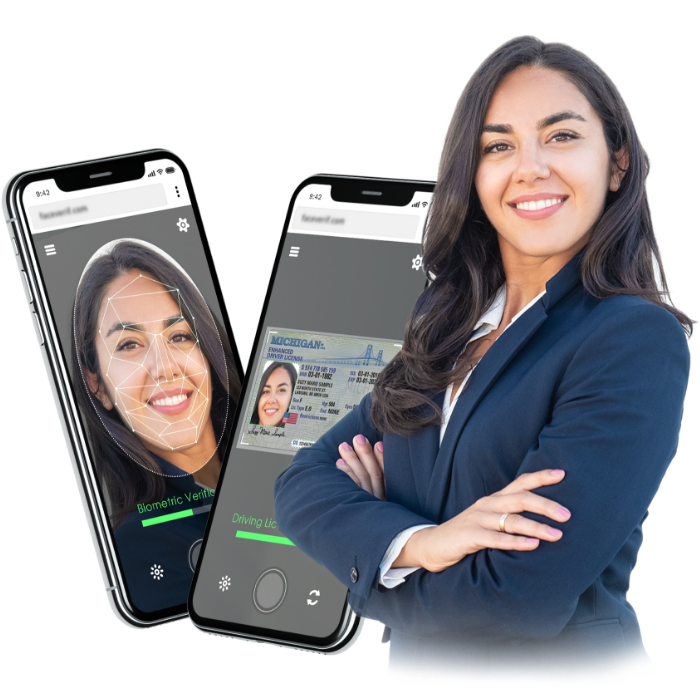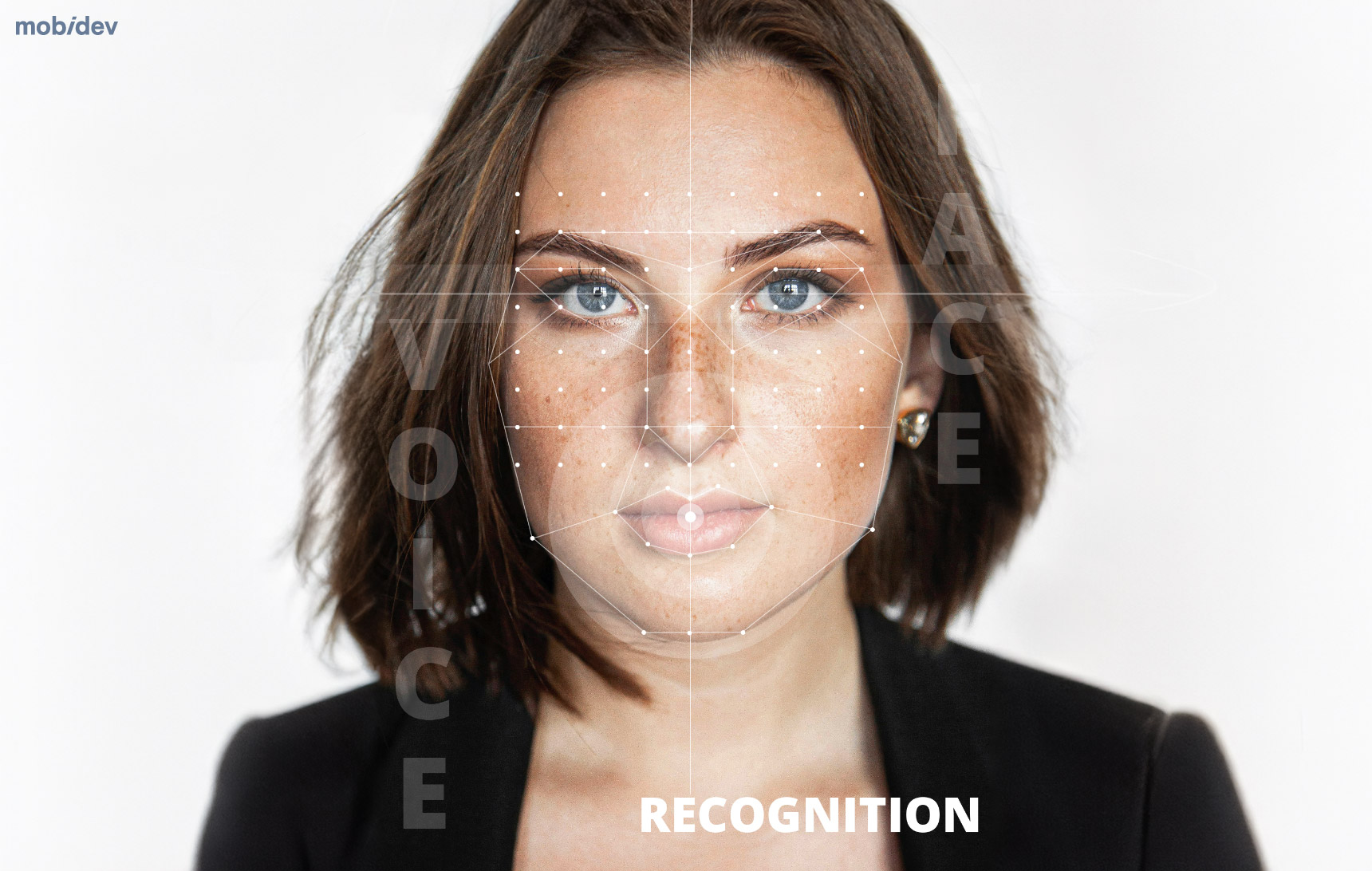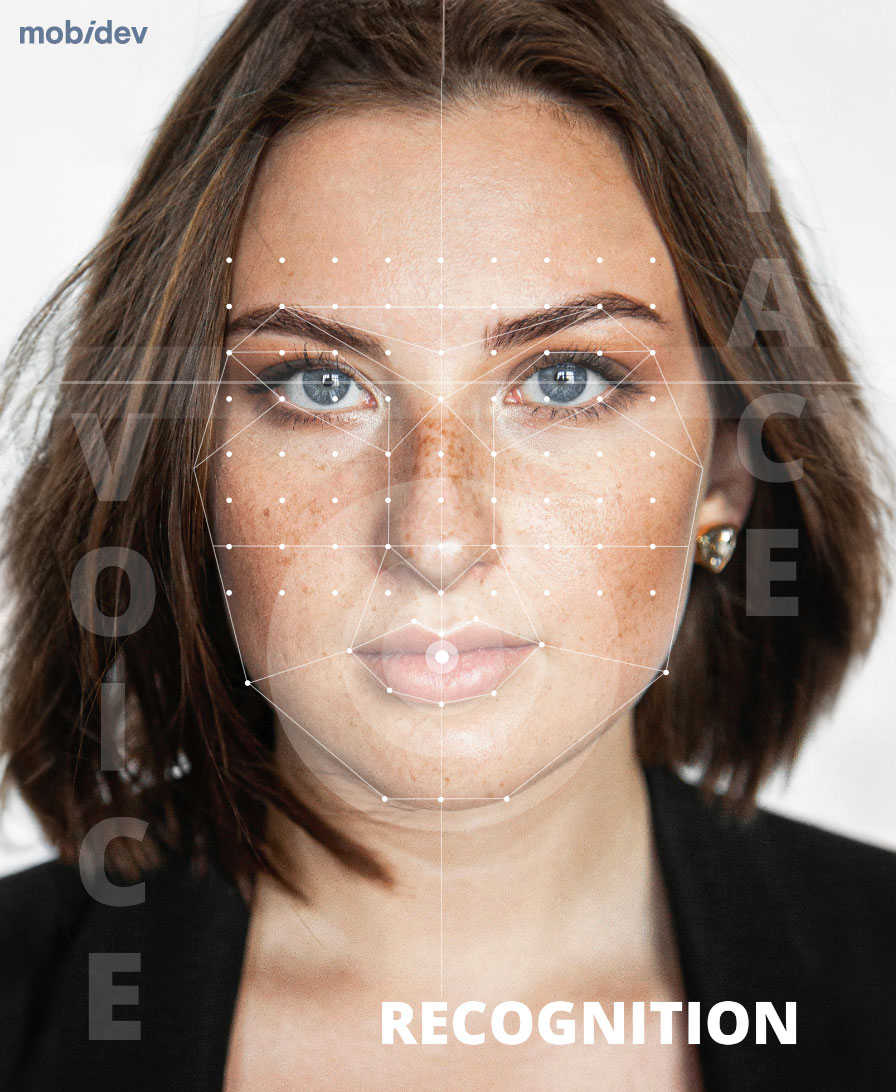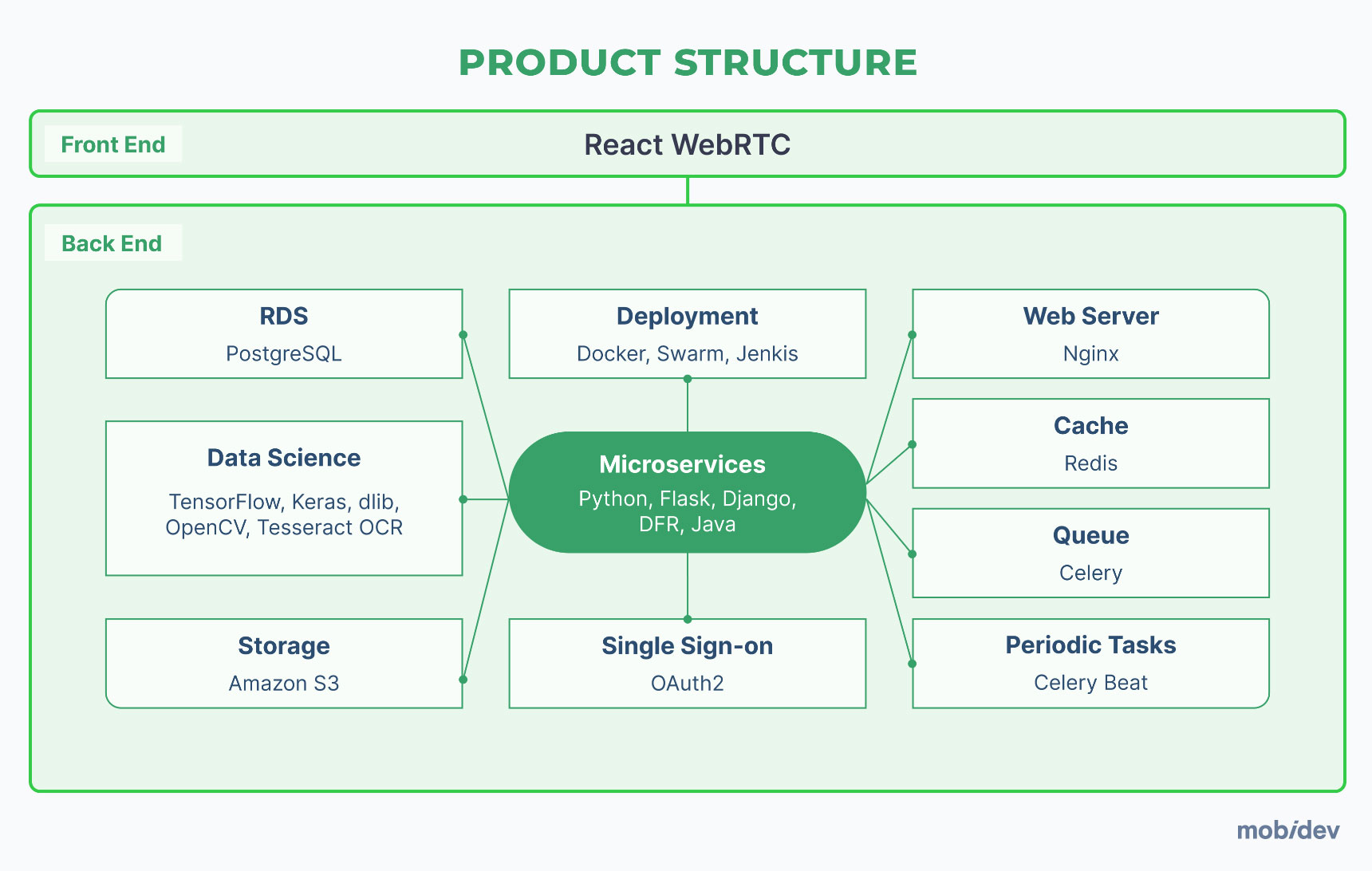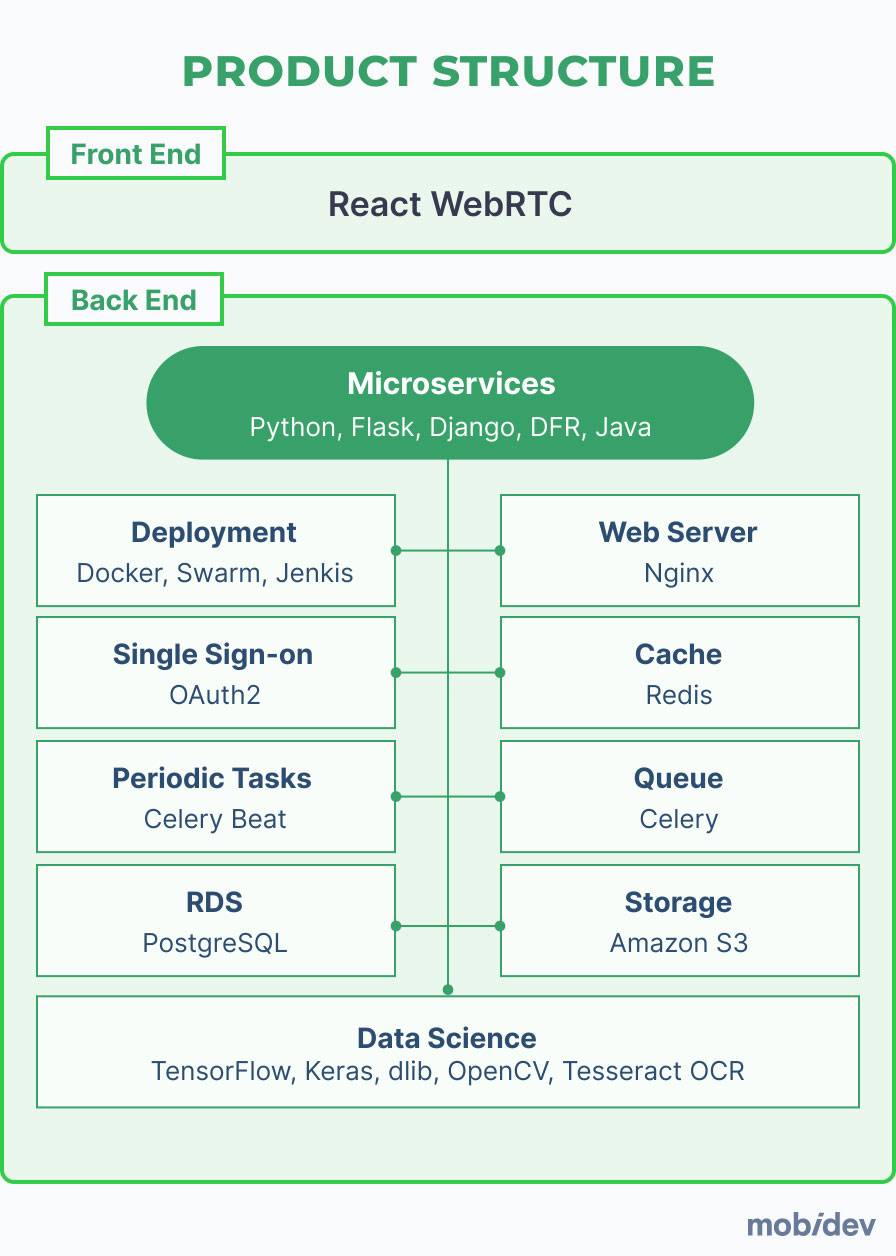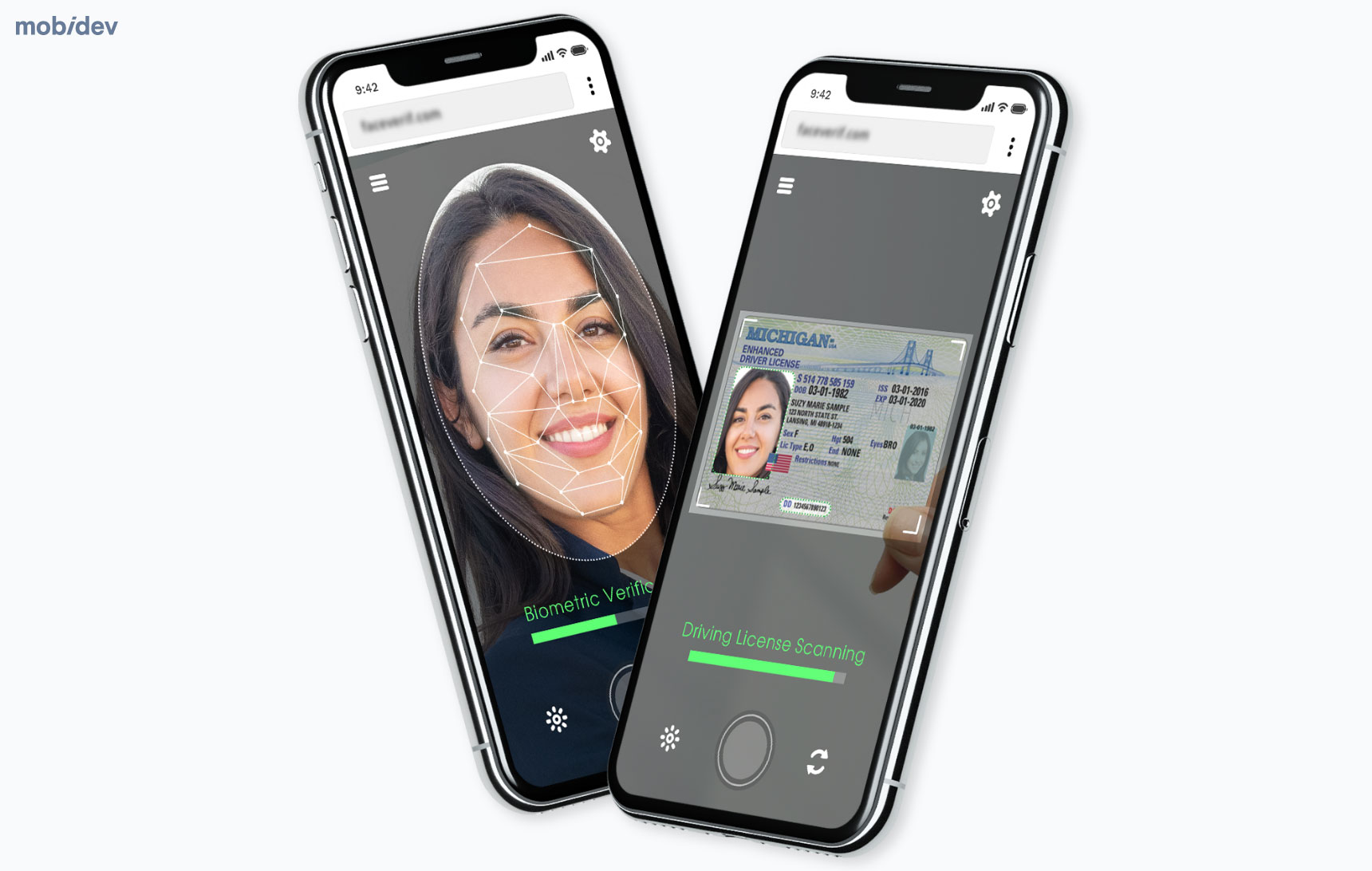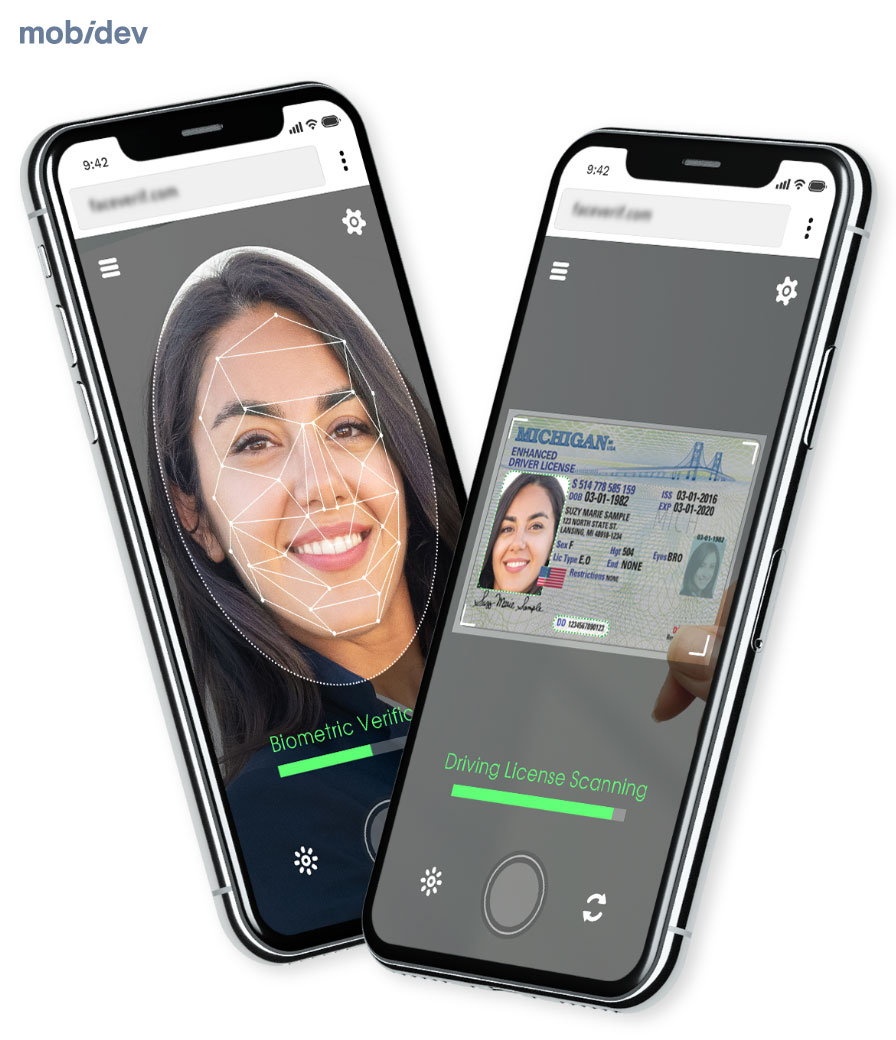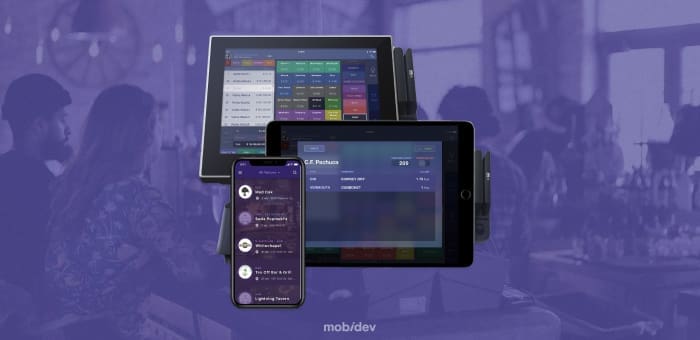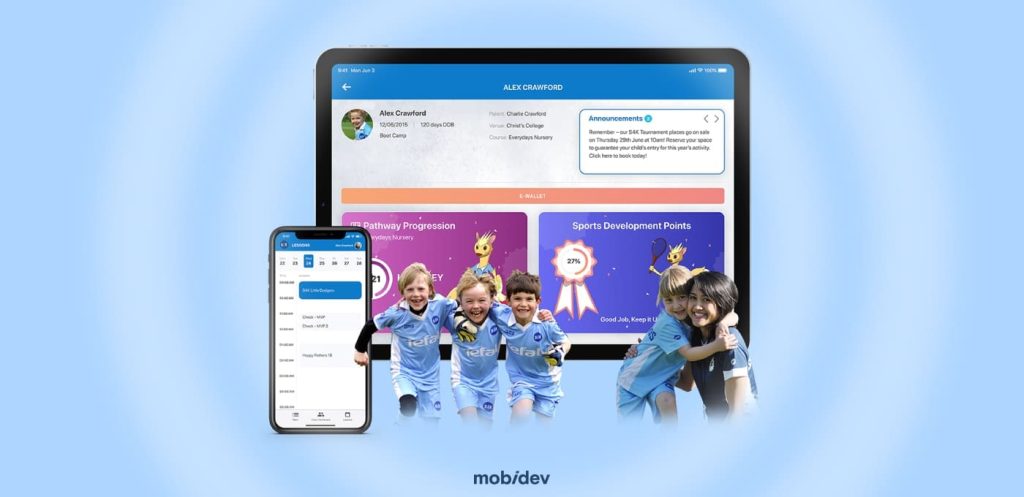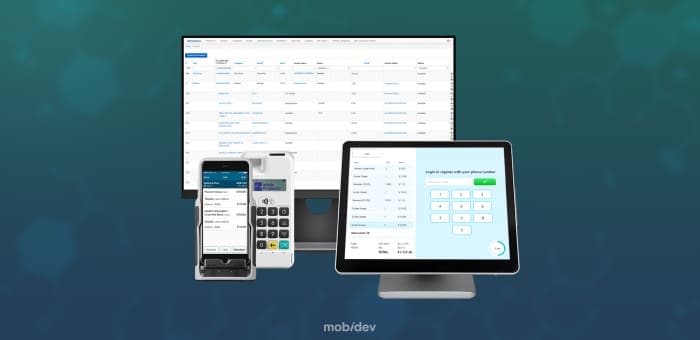AI-BASED VERIFICATION-AS-A-SERVICE SOLUTION FOR ENTERPRISES
Throughout our 7-year cooperation, we have guided the client [Name is under NDA] through a successful journey, from exploring the viability of their idea from a technical perspective to the continuous development and enhancement of an enterprise verification-as-a-service (EVaaS) product. This product enables biometric authentication using face and voice recognition, meeting the demanding needs of the healthcare, insurance, and banking sectors.
